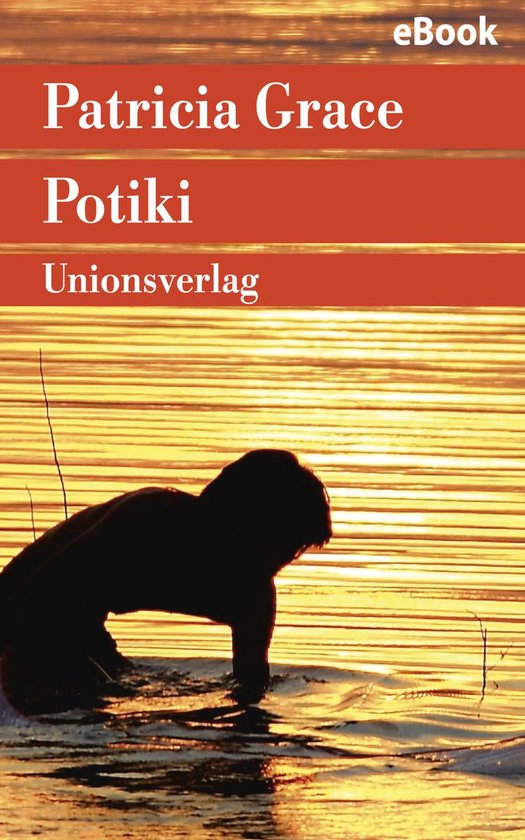

Nevertheless it is an interesting book for discussion. Some of this writing strays into didacticism, in my opinion. There is no need to build a Disneyfied resort to please visitors, and it offers no benefits to their community because they (the Maori) never get the good jobs anyway. Although the community farms at subsistence level and they themselves have some anxiety about the future of their children, they attach no importance to amenities for tourists.

Roimata, her husband Hemi and their children reject the values that lie behind development but the developers are not only unempathetic, they have (to put it mildly) no redeeming features. Potiki makes no pretence at being even-handed. There are fruitless negotiations there are implied threats, and eventually both sides take the law into their own hands. So when the adjacent development needs an access road right through the meeting-house, the small community is vulnerable to great pressure. And it has to be right in the centre of the community.

It is not a sacred building, but it is where rituals take place. From this book, I learned that a meeting-house called a wharenui is central to Maori life: it is where the community meets to discuss and solve problems, and welcome visitors. Potiki is an education for people like me who know very little about New Zealand or the Maori culture. It was the use of this adjacent land for the development of a resort that is the focus of Potiki. But as is so often the case in land rights matters, a dispirited and apparently ‘broken’ people were rejuvenated by a charismatic leader who used the legal system to facilitate the return of the land – not all of it, but enough for those who wanted to, to resume farming and rebuild community life.Ī pragmatic people, these Maori accepted that even though they did not agree that their land had been ‘improved’ by the building of sports grounds and club-houses, they had to pay recompense for these ‘improvements’ – and since they didn’t have any money, they had to forego the return of some of their land.

Having had their land acquired to build an airfield during WWI, these landholders were dispersed into rental accommodation so that it became almost impossible to sustain their culture and traditions. It is the story of a Maori community’s struggle to regain control of their ancestral lands. Potiki is such an interesting book, it would make a great choice for book groups.


 0 kommentar(er)
0 kommentar(er)
